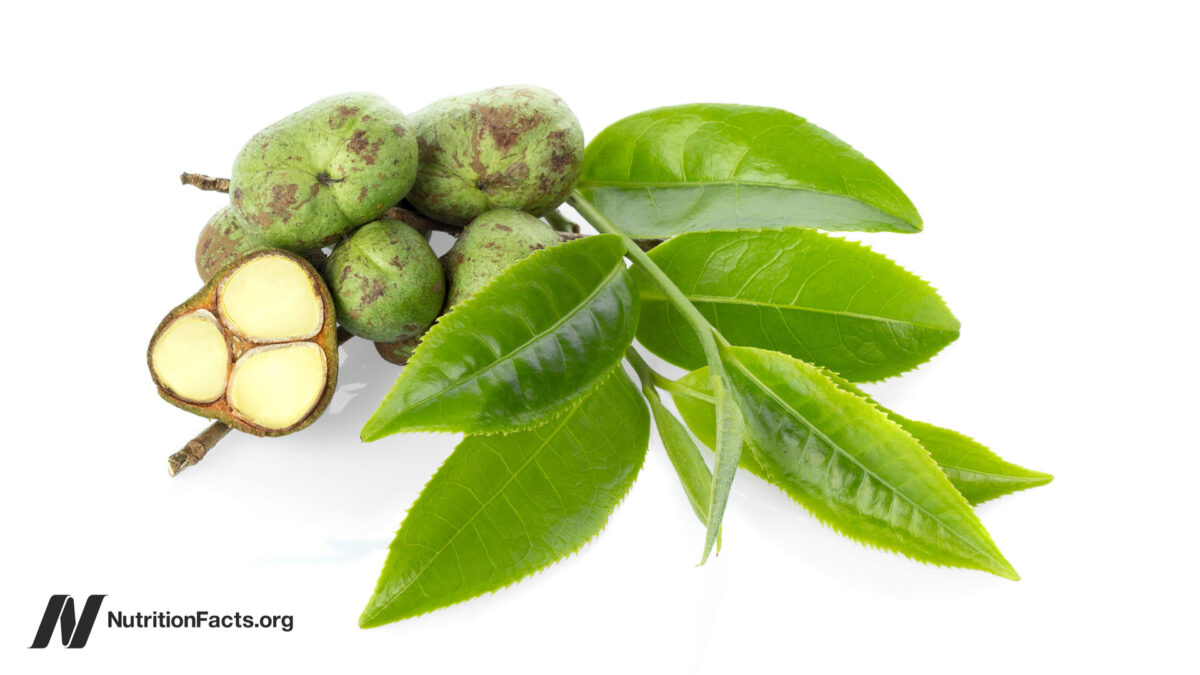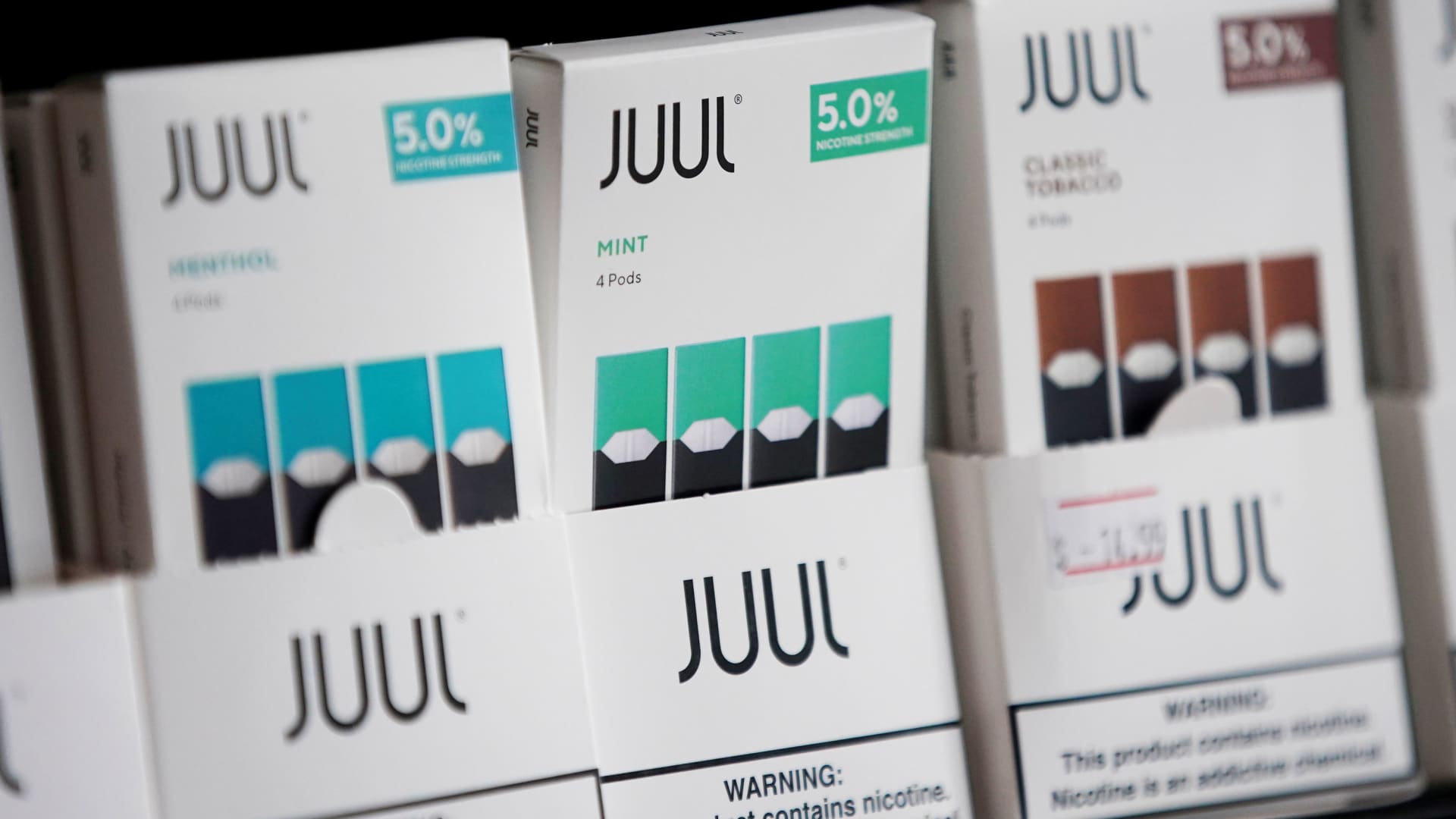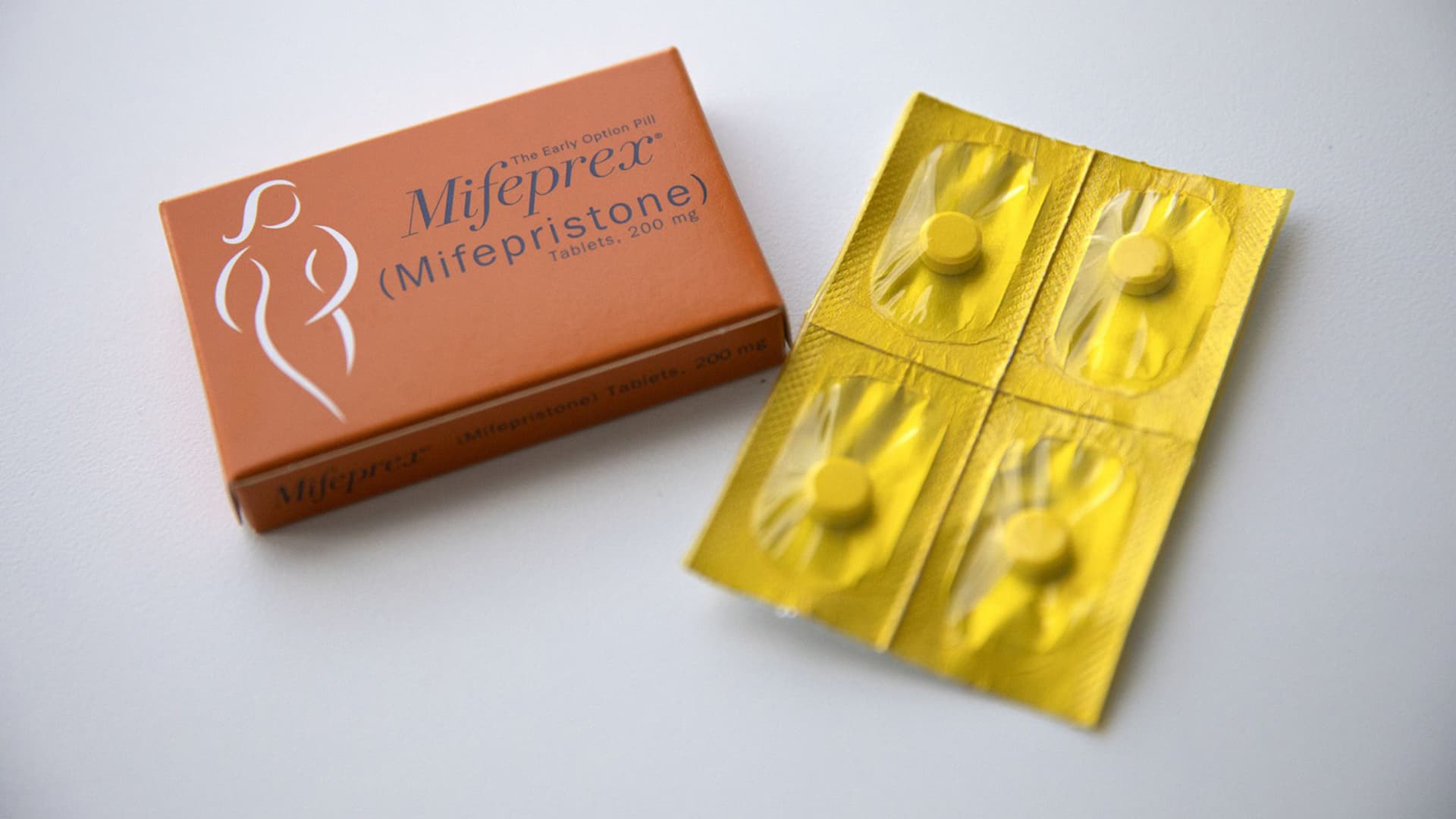Takeaways on Soy and an Edamame Recipe
Edamame is soy in its most whole-food form. The pods containing young soybeans are a snack or starter, first popularized in East Asia. Soybeans naturally […]
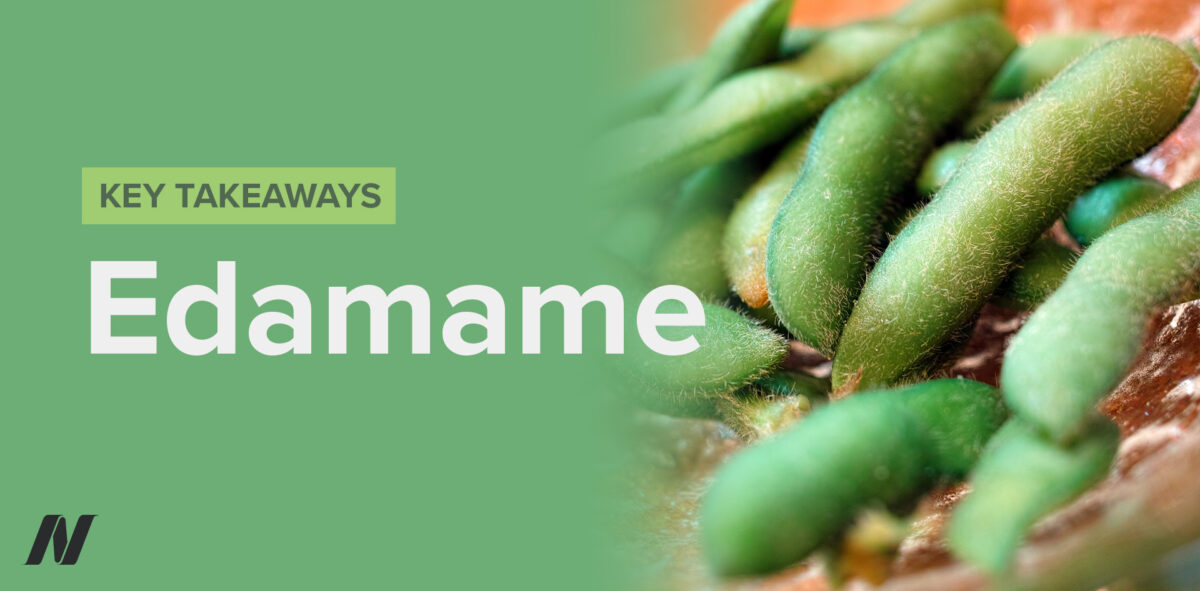
Edamame is soy in its most whole-food form. The pods containing young soybeans are a snack or starter, first popularized in East Asia. Soybeans naturally contain a class of phytoestrogens called isoflavones. People hear “estrogen” in “phytoestrogens” and assume that means soy has estrogen-like effects. This is not necessarily true. Estrogen has positive effects in some tissues and potentially negative effects in others. Visit the edamame topic page for more information.
Recipe: Edamame Guacamole
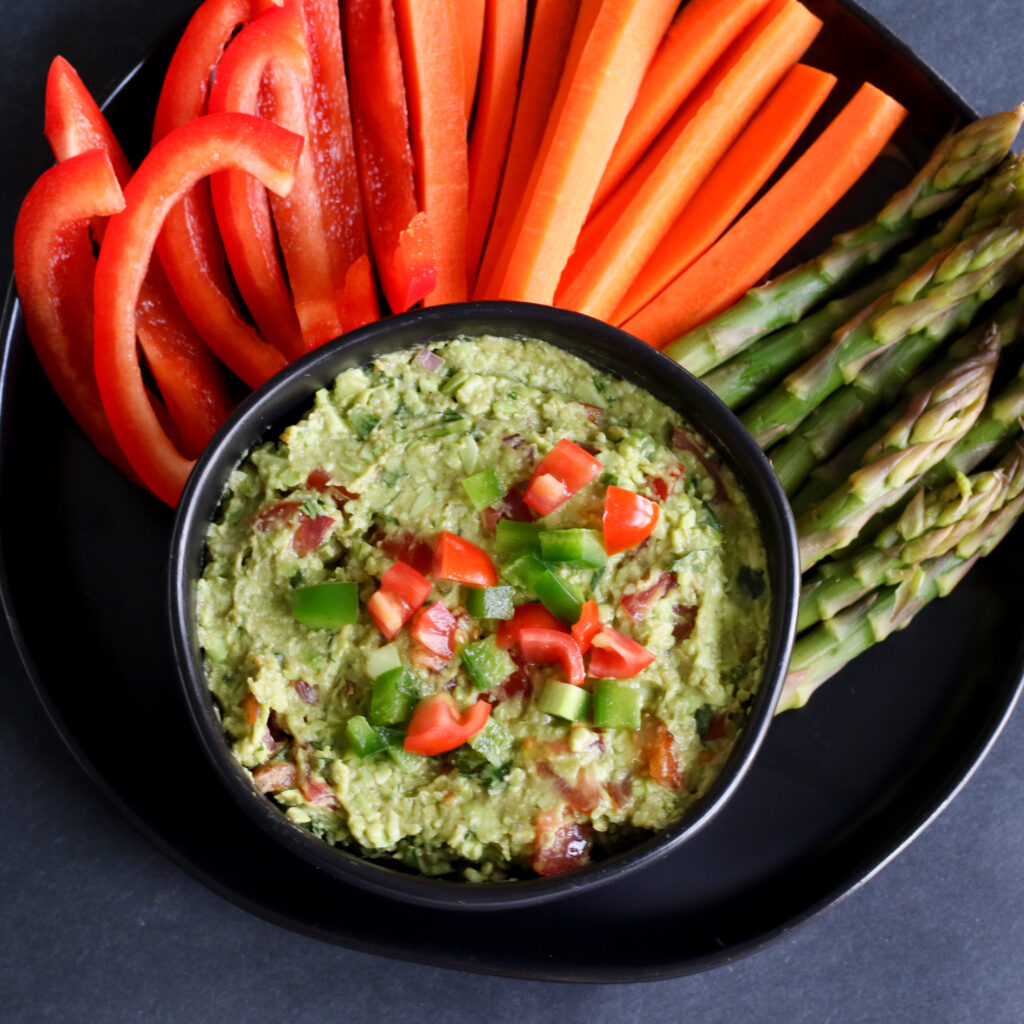 Feeling creative? Try this new take on guacamole. Blend shelled edamame with avocados and your favorite salt-free seasonings, and enjoy it as a spread or a dip for fresh veggies. Get the free recipe here, and visit our Instagram for a video on how it’s made.
Feeling creative? Try this new take on guacamole. Blend shelled edamame with avocados and your favorite salt-free seasonings, and enjoy it as a spread or a dip for fresh veggies. Get the free recipe here, and visit our Instagram for a video on how it’s made.
New Items on NutritionFacts.org
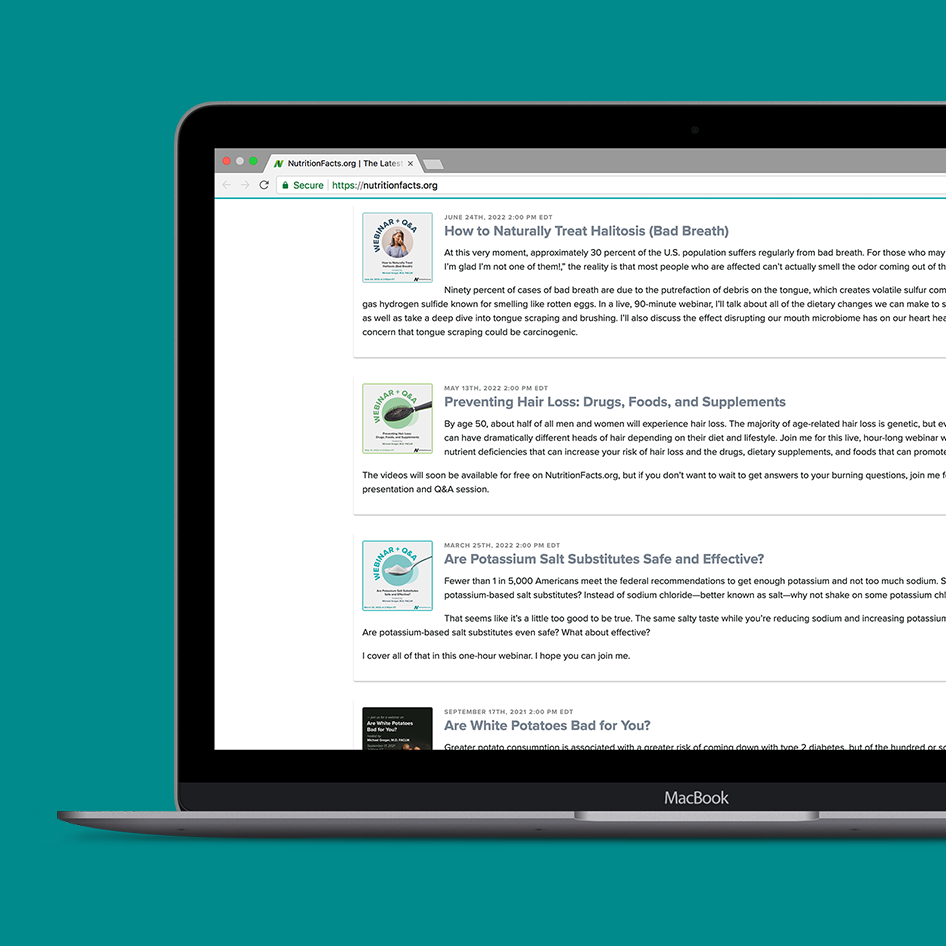 I’ve been doing live webinars for the past four years, covering topics like fasting, SIBO, and potatoes. The live presentations allow for participants to be the first to hear the information and get answers to their questions right on the spot. The videos I go over in the webinars, as you may know, are always eventually available for free on NutritionFacts.org, but we have just started putting the full webinar recording online, too, after the videos have been released on the site. So, not only can you view all of the videos related to a topic in one place, you can access the Q&A that happened live during the webinar itself! See for yourself here on the webinar pages.
I’ve been doing live webinars for the past four years, covering topics like fasting, SIBO, and potatoes. The live presentations allow for participants to be the first to hear the information and get answers to their questions right on the spot. The videos I go over in the webinars, as you may know, are always eventually available for free on NutritionFacts.org, but we have just started putting the full webinar recording online, too, after the videos have been released on the site. So, not only can you view all of the videos related to a topic in one place, you can access the Q&A that happened live during the webinar itself! See for yourself here on the webinar pages.
I regularly update my list of optimum nutrients—the vitamins and minerals we should ensure we get enough of. See my latest on our new Optimum Nutrient Recommendations webpage.
Volunteer Spotlight: Sheila and David Krawchuk
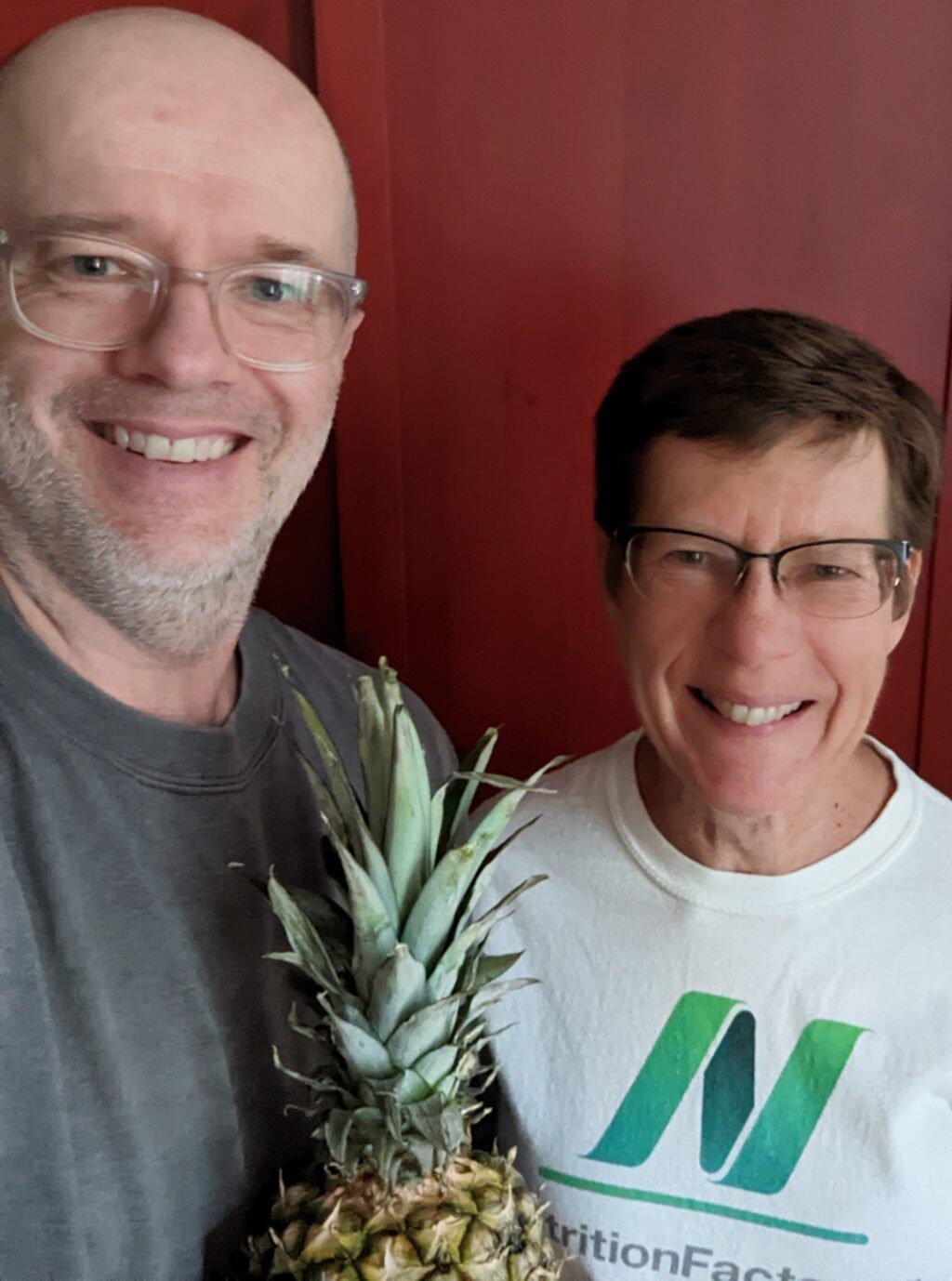 We are both incredibly happy to help spread the whole food, plant-based message through the work of NutritionFacts and love being volunteers. Sheila reviews and uploads videos to YouTube and Vimeo, and Dave embeds Chinese and English subtitles in videos for social media and helps prepare Spanish-language blogs.
We are both incredibly happy to help spread the whole food, plant-based message through the work of NutritionFacts and love being volunteers. Sheila reviews and uploads videos to YouTube and Vimeo, and Dave embeds Chinese and English subtitles in videos for social media and helps prepare Spanish-language blogs.
Dave’s favorite food is Brussels sprouts and his favorite recipe is a ginger-chipotle-chocolate-maca frozen nice cream. Sheila’s favorite food is an apple. (She was extremely happy that the breast cancer chapter in How Not to Die noted the benefits of apples.) Her favorite recipe is frozen no-eggnog nice cream—a recipe she made up consisting of 2 bananas, 2 teaspoons of Ceylon cinnamon, ¼ teaspoon of cloves, some grinds of fresh nutmeg, a teaspoon of vanilla, and a splash of soy milk.
Thank You to All of Our Volunteers
 Are you interested in helping spread the word about NutritionFacts? Check out some quick actions you can take on our volunteer page, or consider making a donation this summer!
Are you interested in helping spread the word about NutritionFacts? Check out some quick actions you can take on our volunteer page, or consider making a donation this summer!
Top Three Videos
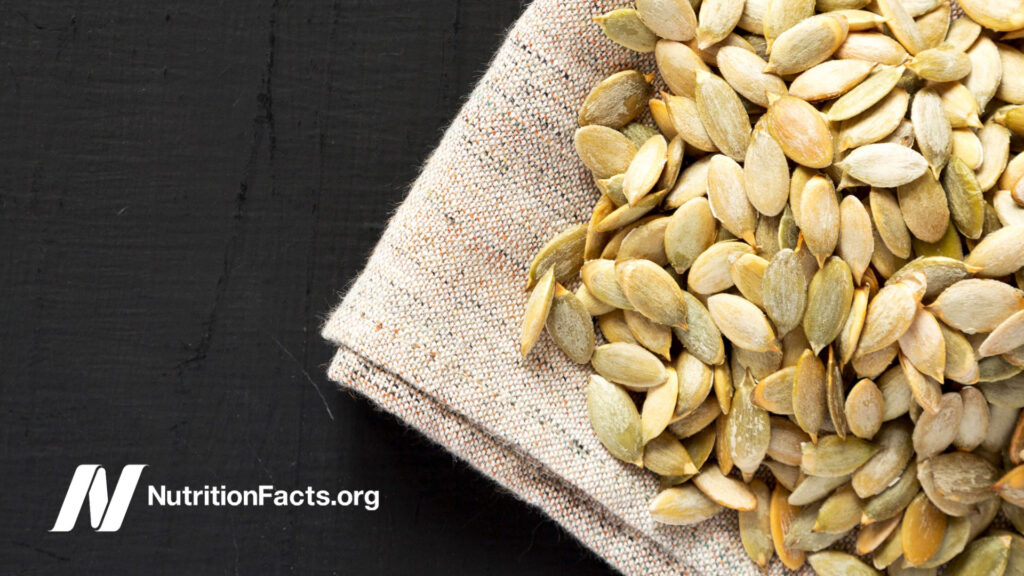 Food for Hair Growth – Hot peppers, soy foods, and pumpkin seeds may help with hair loss.
Food for Hair Growth – Hot peppers, soy foods, and pumpkin seeds may help with hair loss.
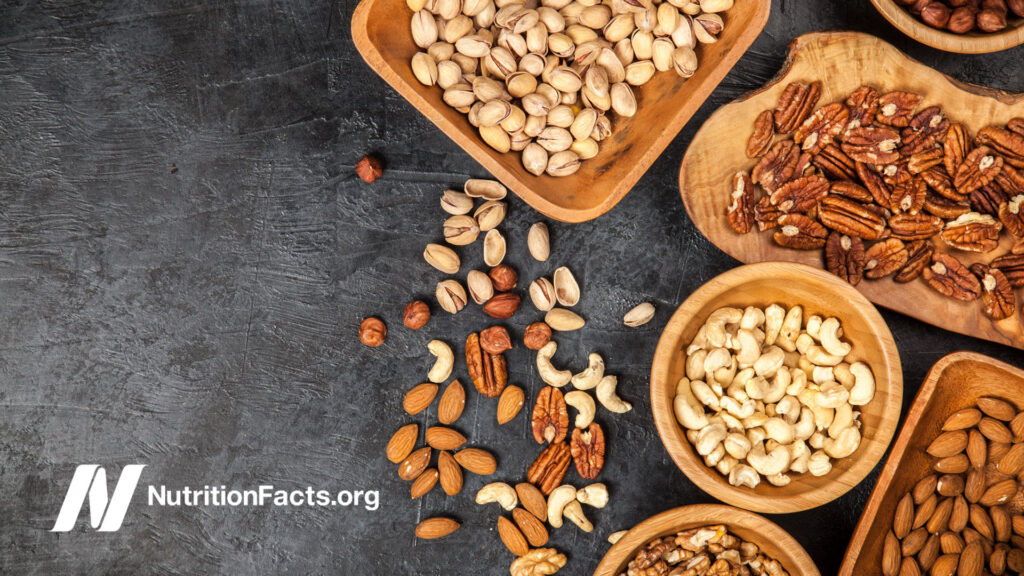 Are the Health Benefits of Nuts Limited to Those Eating Bad Diets? – Do nut eaters live longer simply because they swap in protein from plants in place of animal protein?
Are the Health Benefits of Nuts Limited to Those Eating Bad Diets? – Do nut eaters live longer simply because they swap in protein from plants in place of animal protein?
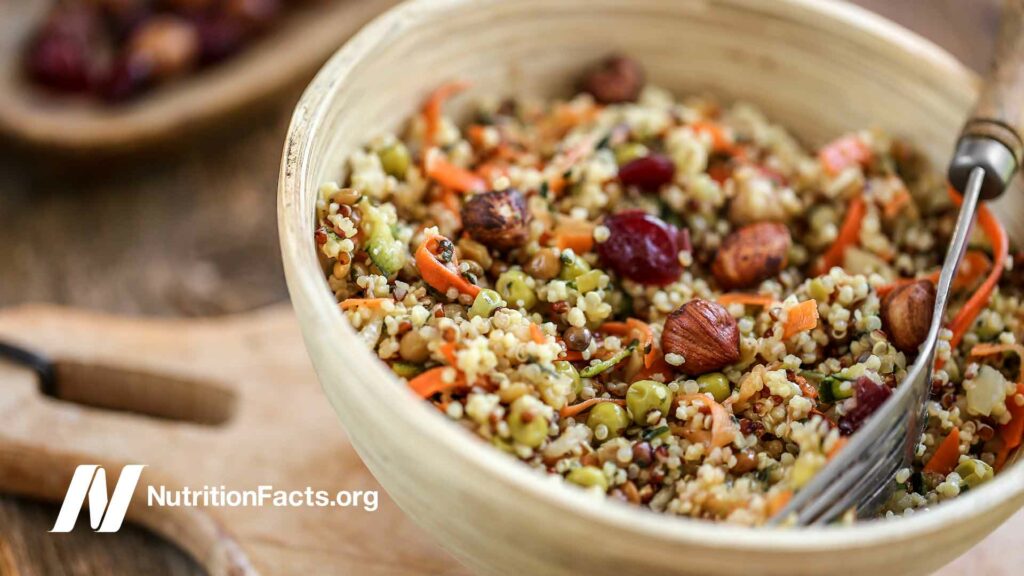 Animal Protein vs. Plant-Based Protein – I discuss a public health case for modernizing the definition of protein quality.
Animal Protein vs. Plant-Based Protein – I discuss a public health case for modernizing the definition of protein quality.
Healthy Eating Game
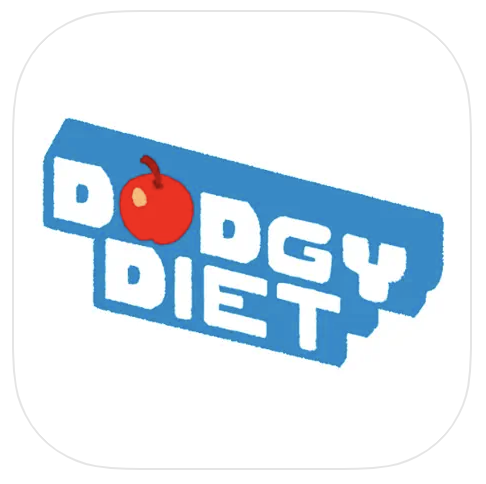 Our friends at AppStop.io created a fun app that educates and encourages players to make healthy eating choices based on the traffic light system described in How Not to Die! Check it out on iOS and Android.
Our friends at AppStop.io created a fun app that educates and encourages players to make healthy eating choices based on the traffic light system described in How Not to Die! Check it out on iOS and Android.

 Aliver
Aliver 









